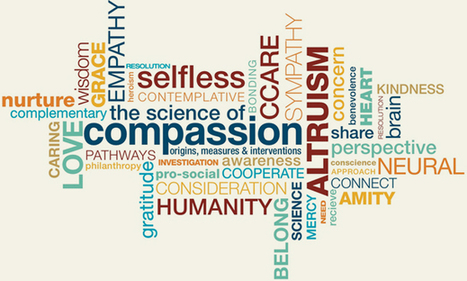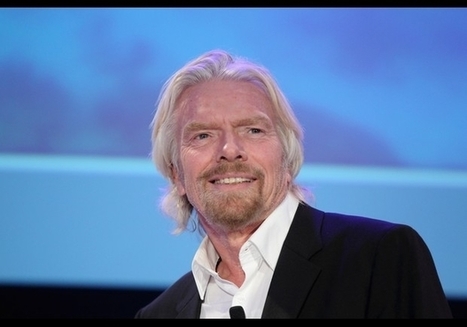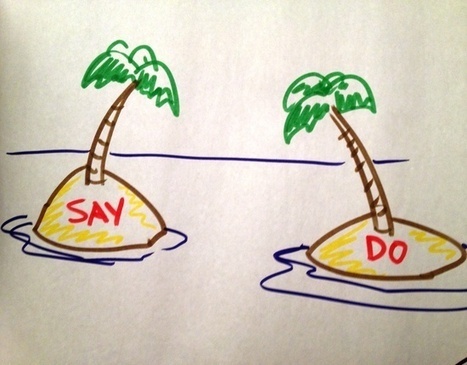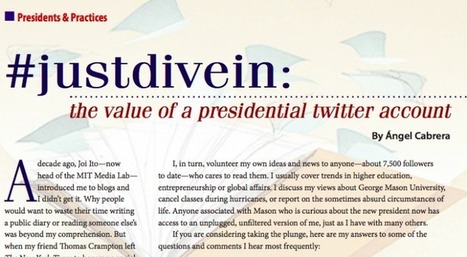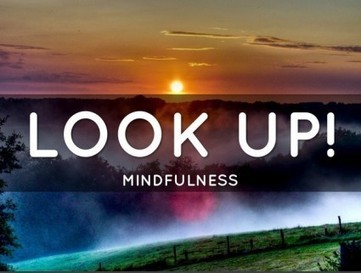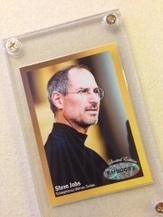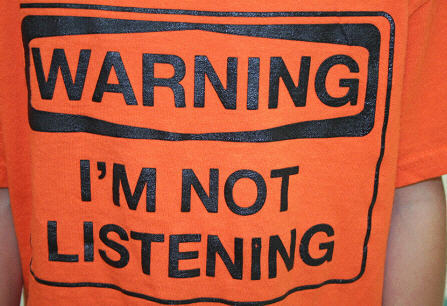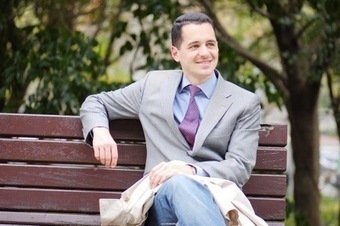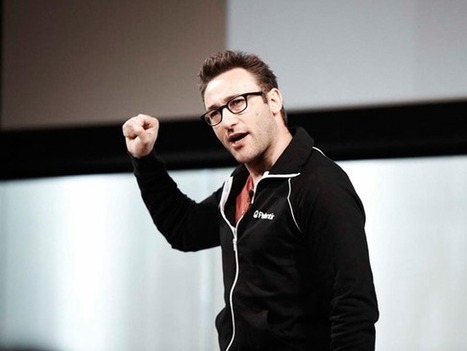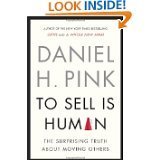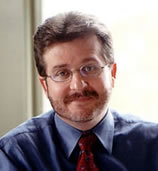When you understand the underlying physiology of mindfulness, you begin to see that any discussion about human change, learning, education, even politics and social issues, ends up being about mindfulness.
Get Started for FREE
Sign up with Facebook Sign up with X
I don't have a Facebook or a X account

 Your new post is loading... Your new post is loading...
 Your new post is loading... Your new post is loading...

Jem Muldoon's curator insight,
February 15, 2013 4:15 PM
When top business schools highlight the importance of mindfulness with courses for future leaders, we now have precedence for including it in educational leadership training. 
Lauran Star's curator insight,
March 19, 2013 11:43 AM
What really happens when we meditate? How can such a simple act of sitting still actually cultivate agile, talented leaders? Read this article to learn more.

Annette Schmeling's curator insight,
March 9, 2013 11:02 AM
Mindfulness keeps us psychologically balanced and protects from living a sterile, unrelated life and locked within the constraints of our history and our comfort zones.
It is about choice and intention.

ozziegontang's curator insight,
March 6, 2013 1:44 AM
Dwight Frindt is a dear friend, Vistage Chair, and committed leader as reflected in the creation of 2130 Partners. These are his reflections on Susan Cain's TED talk: Quiet; The Power of Introverts in a World That Can't Stop Talking." As the bio says: "Leadership expert Dwight Frindt is an author, executive consultant and coach and skilled facilitator. He has been a Vistage Chair in Orange County, CA since 1994 and a Best Practice Chair in Orange County since 2009. He has also been a Best Practice Chair for the Pacific Northwest since 2010. “What keeps individuals motivated? What gets team members focused, collaborating, and acting effectively for a common purpose? What keeps organizations productive and agile?” These questions have driven Dwight’s passion as a business leader, and his philosophy as leadership expert." 
Dwight Frindt's comment,
May 8, 2013 6:34 PM
Thank you for the kind words of support and for sharing this blog post. Much appreciated!

Annette Schmeling's curator insight,
February 24, 2013 11:21 AM
Your specialness is in being absolutely ordinary. We don't always see that our strong opinions, needs, preferences and demands lead us to self-indulgence. Mindfulness enables us to live in the present moment and to discover our nature to be compassionate.

Ken Jondahl's curator insight,
February 14, 2013 8:46 AM
The article focuses mostly on the visual marketing via web/ads/etc and is dead on in the conclusions. However, think about your sales people.
Are they really prepared to go out and have conversations with customers which include great stories around your company, the people and how you help customers?
If not, the next time an annoying pop up ad hits you in the face. Think about how your customers feel when your sales person visits and goes on and on about the product features and benefits.
It is not about it, it is all about how it is used. In sales we need to get to the point and tell a great story around the product usage.

Denyse Drummond-Dunn's curator insight,
February 13, 2013 3:50 AM
Useful words and ideas for both leaders and non-leaders 
AlGonzalezinfo's curator insight,
February 13, 2013 7:26 AM
From the article:
A Warm-Up Exercise for Your Listening Skills Find a friend and try the following activity: Conduct a conversation where the only rule is that you and your communication partner must begin each sentence with the last word of your partner’s sentence.
Let this run for about three minutes or, until one of you bursts into laughter with some of the resultant silly sentences.
The payoff from this simple “active listening” activity courtesy of Val and Sarah Gee writing in “Business Improv” (check out my Leadership Caffeine podcast with the authors) is to remind you how difficult it is to stay in the moment and remain focused on the words of your colleague. It takes deliberate effort to silence the symphony (or cacophony) in your mind.
While you might drive everyone nuts if you practice this technique without them knowing the rules, let the activity serve as a reminder of your obligation to listen harder and seek to understand. 
Renee Stuart's curator insight,
February 14, 2013 10:30 PM
Are you just hearing others or truly listening to others? |

ozziegontang's curator insight,
March 20, 2013 2:19 PM
Curt Einstein would put it: Tell me what you did and how you did it from A to Z. If they couldn't tell the story of how it happened, then they may have been the boss but they didn't do it. Lee Thayer's: The measure of performance is performance tells what one has done in order to do what needed doing to accomplish the required results. It's about results, not activities.

ozziegontang's curator insight,
March 6, 2013 2:16 AM
Homo Sapiens Sapiens is able to step back and observe a thought or a feeling that he/she is having. The concept of Two Arrows is that the first arrow is that thought or feeling that strikes us. The second arrow is our reaction and response to the first arrow. It is that second arrow that we have a choice in how we respond. In some ways it is the ability of holding two different perspectives at the same time rather than choosing that one is right making the other wrong. Rumi said it: Out beyond the ideas of rightdoing and the ideas of wrongdoing, there is a field. I'll meet you there. The Kalama Sutra talks about who do I believe. Summed up with: "However, after thorough observation, investigation, analysis and reflection, when you find that anything agrees with reason and your experience, and is conducive to the good and benefit of one and all, and of the world at large; accept only that as true, and shape your life in accordance with it; and live up to it."

Annette Schmeling's curator insight,
March 2, 2013 10:02 AM
Presence to ourselves and to one another emerges from contemplative practice and presence is the essence of organizational wellbeing. 
Randy Bauer's comment,
April 17, 2013 12:33 AM
I like Your info +Ozzie Gontang Ph.D. will continue to keep an ear to the wall. thanks, +Randy Bauer

ozziegontang's comment,
February 21, 2013 5:17 PM
For those people who list the reasons why they can't or hate to sell; I simply say: you've sold me you can't sell. Works every toIme

ozziegontang's comment,
February 21, 2013 5:18 PM
To alter a perception. An explanation masquerading as fact.

Ignacio Conejo Moreno's curator insight,
February 22, 2013 7:25 AM
Debe ser cierto que hay personas "nacidas para vender", pero cualquiera puede ser un vendedor eficaz; nadie es "malo" de por sí en ningún area, todo se puede aprender, a lo mejor no se llega a ser un fuera de serie, pero la capacidad de aprendizaje siempre está ahí.

Jeff Domansky's curator insight,
January 22, 2013 8:25 PM
Lou Hoffman takes a look inside the science of storytelling. The video he mentions is worth viewing. |





